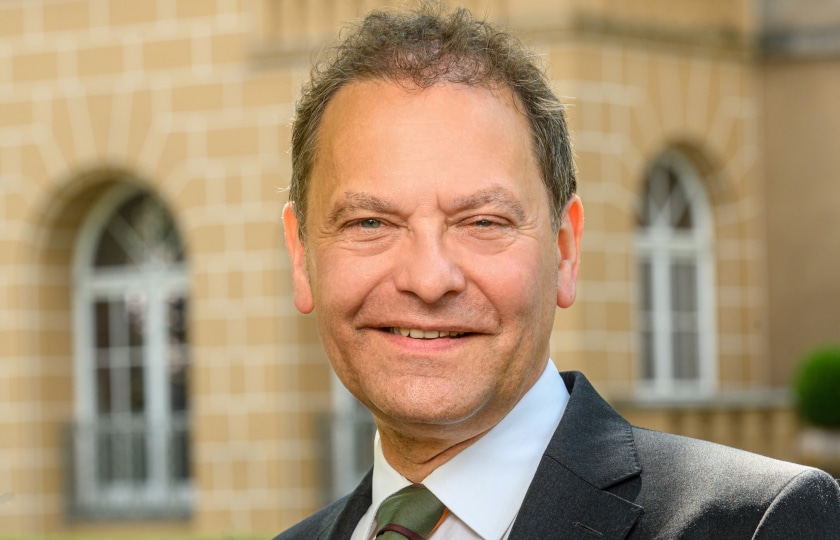The project compiles a comprehensive history of the German Press Agency from 1949 to the present. To do so, the dpa will be presented in the light of the changing society of the Federal Republic of Germany and the developments in the media landscape. The specific role and significance of the dpa as a leading news agency for public communication in Germany as well as for the democratisation of the German society after the end of the Second World War will be worked out.
News agencies play a key role in the information services of the media, but one that is still barely recognised. In view of the changing press and broadcasting landscape as well as the economic, technical and social developments in the Federal Republic of Germany, this project focuses on the German Press Agency (dpa) in the form of an integrative media history.
Almost 75 years ago, on 1 September 1949, the German Press Agency began its work in Hamburg. As a company in the legal form of a limited liability company, “dpa” replaced the news agencies in the western occupation zones of Germany. It was determined to “cultivate objective news” and win the “trust of the German public”.
Media Market
As a full service agency the history of the dpa has been decisively shaped by the economic conditions of the news markets – globally and particularly in Europe and in Germany. The dpa has been in competition with many other agencies, especially foreign and specialised agencies. The history of dpa will show how it reacted to economic challenges and what kind of strategic alliances were made. It will also highlight developments facing the current task of making the dpa competitive for the future.
Media Technology
The work of news agencies has been shaped in a very special way by the emergence of new communication technologies. The journalistic work of the dpa and its performance on the news markets still depends on the recognition of innovations being taken up and finding their way into professional practice. In this respect, the history of the dpa is told against the backdrop of the introduction of new media technologies.
Media Policy
The founding of the dpa in the period after the Second World War was characterised by the goal of limiting or excluding direct state influence. So, the form of a state news agency – as it was established in the GDR – was rejected in West-Germany. Here, the organisational form of a cooperative model for a private enterprise was chosen.Nevertheless, the work of the dpa was carried out in an area that was confronted with multiple state and political demands – and it still is. The history of the dpa will be told accordingly as a story of challenges and struggles in a complex political field of forces.
Transnationality
Lastly, the history of the dpa cannot be described as the history of a national media actor only. The international relations and the transnational media achievements of the dpa news agency demand a close link to the approaches of the Transnational Media Histories or the Entangled Media Histories developed at the Leibniz Institute for Media Research.
Objective
The project will compile a comprehensive history of the German Press Agency from 1949 to the present, based on in-depth document research. In light of the changing West German society and developments in the media landscape, the specific role and significance of the dpa as the leading news agency for public communication in Germany as well as for the democratisation of German society after the end of the Second World War will be demonstrated.
Images:
On the left: View of the central editorial office of the German Press Agency (dpa) in Hamburg in 1956. photo dpa
On the right: The visual desk in the Berlin newsroom of the German Press Agency in June 2019. Photo dpa / Michael Kappeler.













